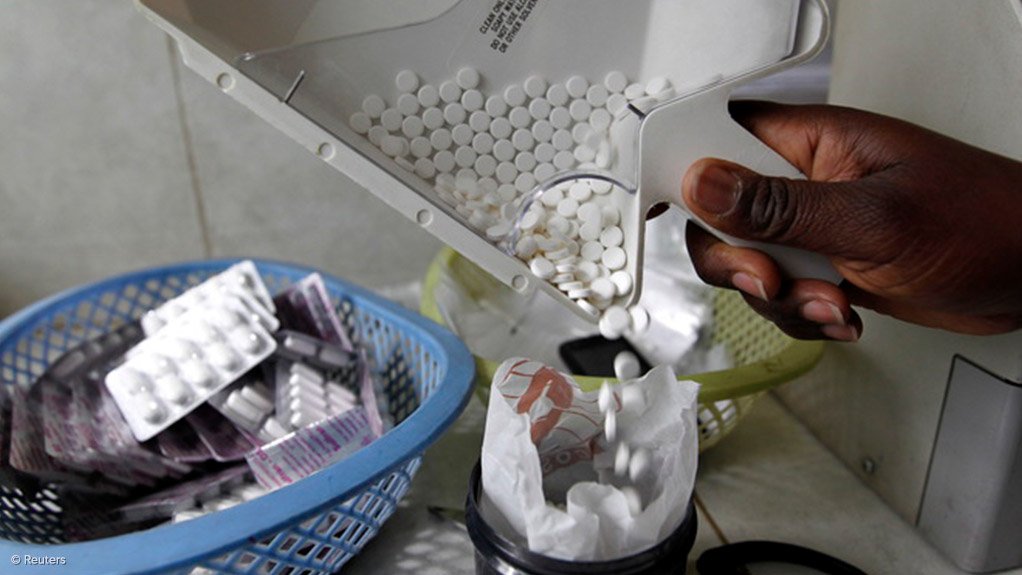Siga Technologies' antiviral drug tecovirimat helped the very sickest mpox patients in a trial in Democratic Republic of Congo recover more quickly than those given a placebo, the company said, indicating the treatment could have a role in controlling the disease now spreading in parts of Africa.
Topline results from the trial, released on Thursday, showed that the drug, branded TPOXX, helped those treated within seven days or with severe disease – classed as having 100 or more skin lesions – make “meaningful improvement”. However, the majority of patients in the trial did not recover more quickly than those given a placebo, which meant that the drug failed in the main goal of the study.
“To describe these results as mixed is not a negative result,” said Jay Varma, Siga’s chief medical officer. “It’s simply a pathway to get more data to be studied.”
Mpox, a viral infection, was declared an emergency this week by the World Health Organisation (WHO) after it spread from Democratic Republic of Congo to neighbouring countries.
There have been more than 17 000 suspected mpox cases in Africa this year and more than 500 deaths, according to data from the Africa Centres for Disease Control and Prevention, mainly among children in Congo.
The trial of TPOXX, originally developed and licensed for smallpox, began in 2022 during a previous mpox outbreak that the WHO declared a global health emergency.
Due to the emergency, the trial accepted any patients who wanted to take part when they presented with symptoms at hospitals in Tunda and Kole, in central Congo – regardless of underlying conditions or time since symptom onset. That complicated the results, as antivirals are best given as soon as possible after patients fall ill, Siga said.
Participants were also hospitalised throughout to ensure data could be collected accurately as well as to give them reliable access to food, the company said. That level of care also helped many people, including in the placebo arm, recover more quickly than previously seen in observational mpox studies in Congo.
The study included 295 patients who received a 14-day course of tecovirimat, and 302 who received a placebo. Around 75% of the participants were children, who are known to be at higher risk of complications from mpox.
Varma said it was important that the drug remained available under compassionate use protocols for the sickest patients.
A number of other mpox trials in the US and Europe are testing outcomes among different patient groups, including more people with HIV, who are at higher risk from mpox.
Tecovirimat is not currently available in Congo outside clinical trials, although the WHO and some countries have small stockpiles.
The PALM 007 trial was co-led by Congo’s National Institute for Biomedical Research (INRB) and the United States National Institutes of Health, and detailed results are expected soon.
EMAIL THIS ARTICLE SAVE THIS ARTICLE
To subscribe email subscriptions@creamermedia.co.za or click here
To advertise email advertising@creamermedia.co.za or click here











